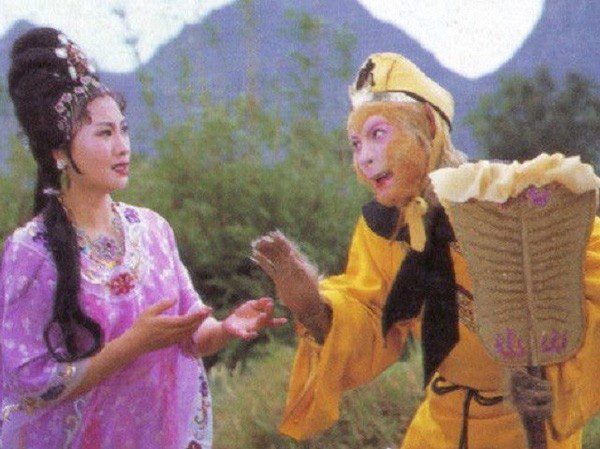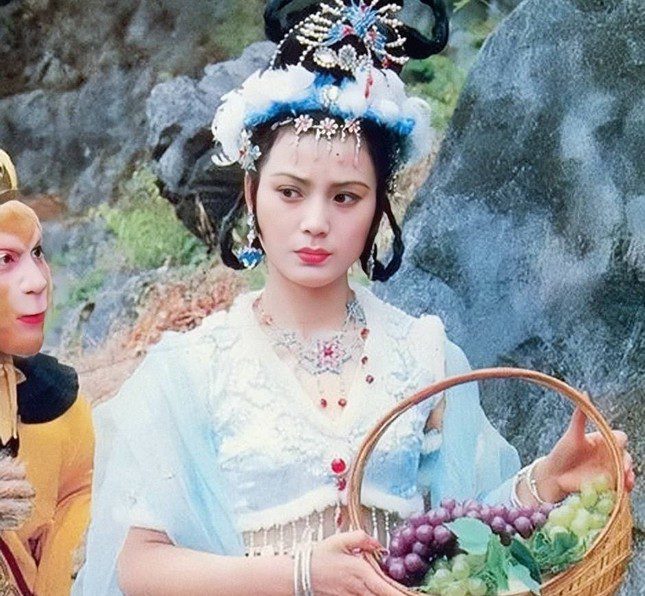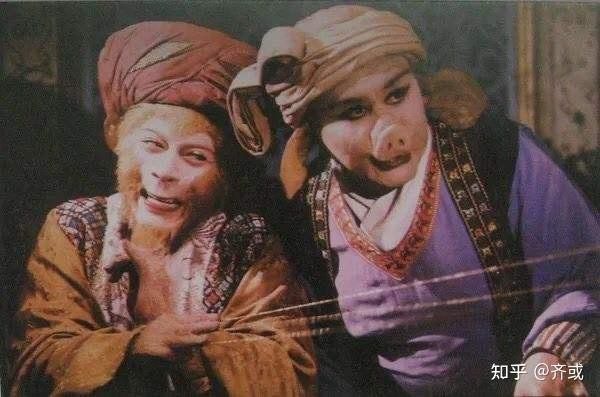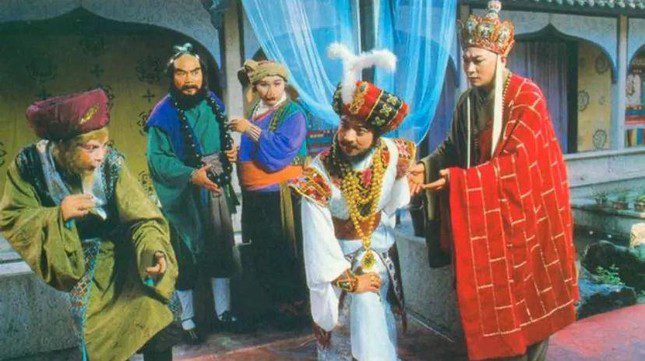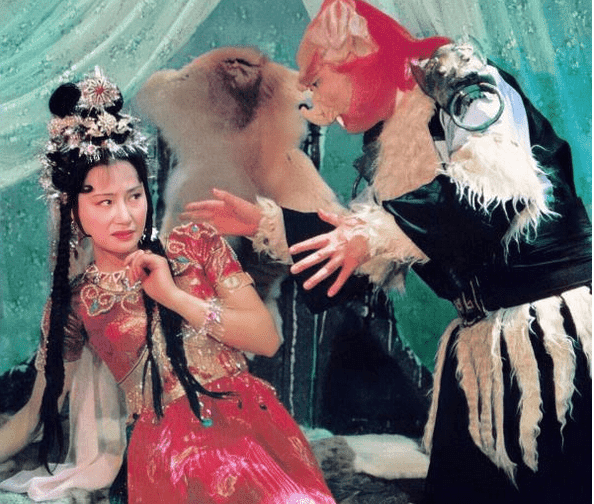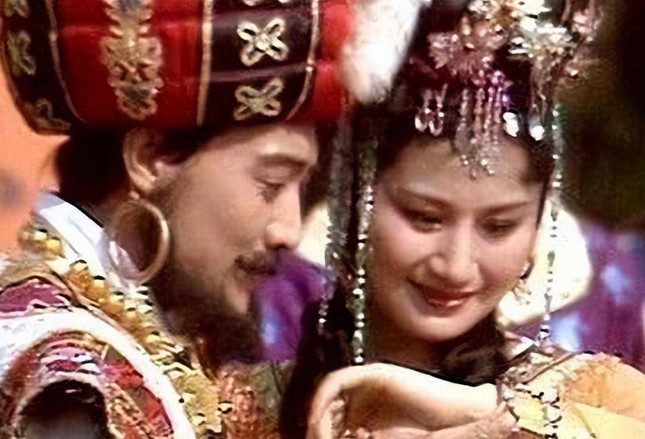On October 15, Sina reported a trending topic titled “The Main Male Characters of the Novel ‘The Journey to the West’ Are Not as Good as Sun Wukong” on the social media platform Weibo. Among those mentioned were millions of fans expressing their admiration for the character Sun Wukong, portrayed by actor Liu Xiao Ling Tong in the 1986 adaptation of The Journey to the West.
According to Chinese audiences, Sun Wukong is portrayed as a character with many admirable traits, demonstrating virtuous actions, and displaying a respectful attitude towards women while also protecting them throughout the story.
“Sun Wukong endured 500 years under the mountain, yet his spirit remained vibrant and unyielding. He is not a villain but a bright character with insightful thoughts that resonate on screen,” stated one viewer. “Sun Wukong also has a distinct sense of justice, often coming to the aid of the weak, especially the elderly and women,” further elaborated another fan, highlighting various reasons for their fondness for the character.
Fans believe that Sun Wukong’s portrayal surpasses that of the royal princess because she is a figure of the underprivileged.
Moreover, fans noted that when interacting with the princess, the character Sun Wukong portrayed a sense of humility and respect, but when in contact with the antagonistic character, he displayed a more combative demeanor, showcasing the duality of his character.
According to Sina, when the character of the princess was introduced, Sun Wukong was portrayed as somewhat overshadowed, yet this aspect resonated with the current audience’s disinterest in characters labeled as “feminine” or “weak.”
Additionally, in episode 20 of Journey to the West: The Legend of the Monkey King, the plot revolves around the journey through the land of Zhu Chi, where it is revealed that the princess has fallen ill, and the emperor is deeply troubled. During this time, Sun Wukong is tasked with rescuing the princess. Following this, Sun Wukong humorously remarked: “I don’t know which deity granted the princess the robe of fine silk, but for three years, the princess could not be approached by anyone.” Sina suggested that this narrative reflects the societal concern regarding the importance of gender roles, further highlighting Sun Wukong’s character’s charisma.
Sun Wukong not only rescues the princess but also solves problems within the royal household, as the princess has been troubled for three years.
Sina explains the audience’s appreciation for Sun Wukong and continues to analyze and praise the The Journey to the West series after 37 years due to its lasting cultural impact and memorable characters showcased in the Chinese television series.
For example, the character of Hu Yaobang in The Fire of My Humanity is often criticized as being unremarkable, only concerned with romantic interests. Similarly, the lead character Zong Ying in the same series is often seen as overly emotional, dismissive of women’s roles. In contrast, Sun Wukong is depicted as a character who is humble yet brilliant, passionate, and ready for action, earning him a special place in the audience’s hearts.
According to Sina, the 1986 adaptation of The Journey to the West is one of the most frequently aired series in Chinese history, with over 3,000 broadcasts. The characters, actors, dialogues, and scenes from the series have become iconic, deeply ingrained in the cultural fabric of the nation. Moreover, figures like Guanyin Bodhisattva, Buddha, and Nezha are often depicted in ways reminiscent of the actors from the series. To this day, audiences remain captivated by the remarkable qualities and compelling traits of the character Sun Wukong, showcasing the enduring legacy of this classic work.


